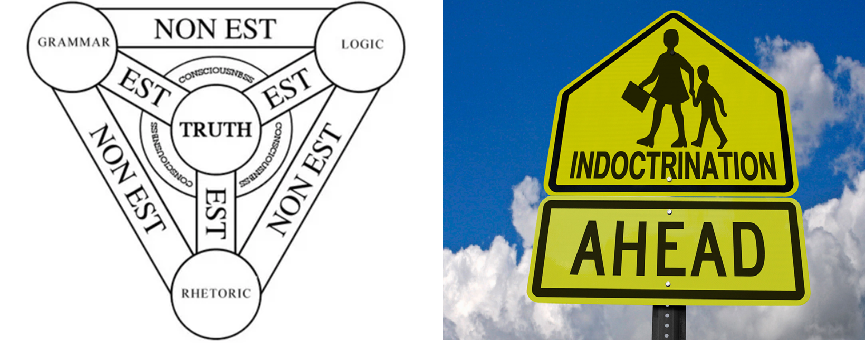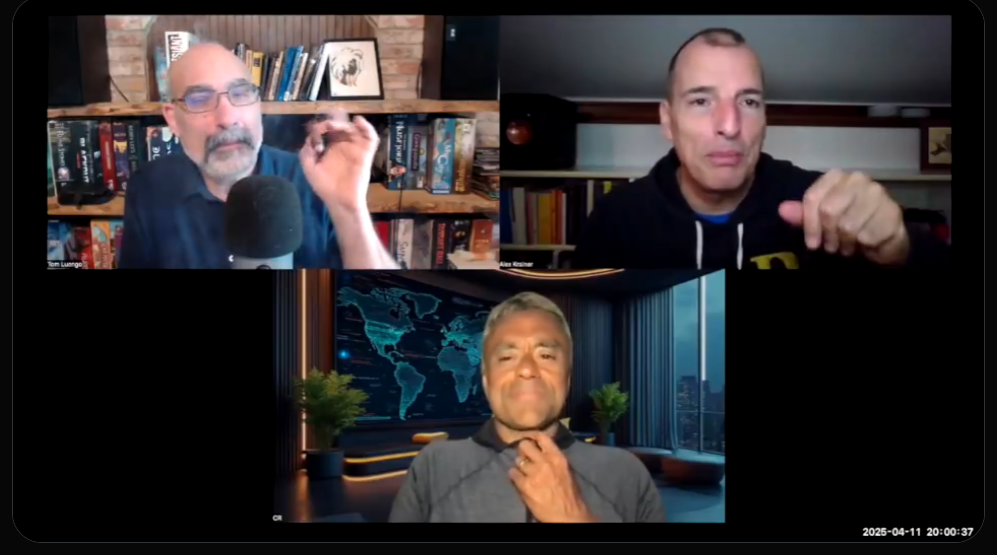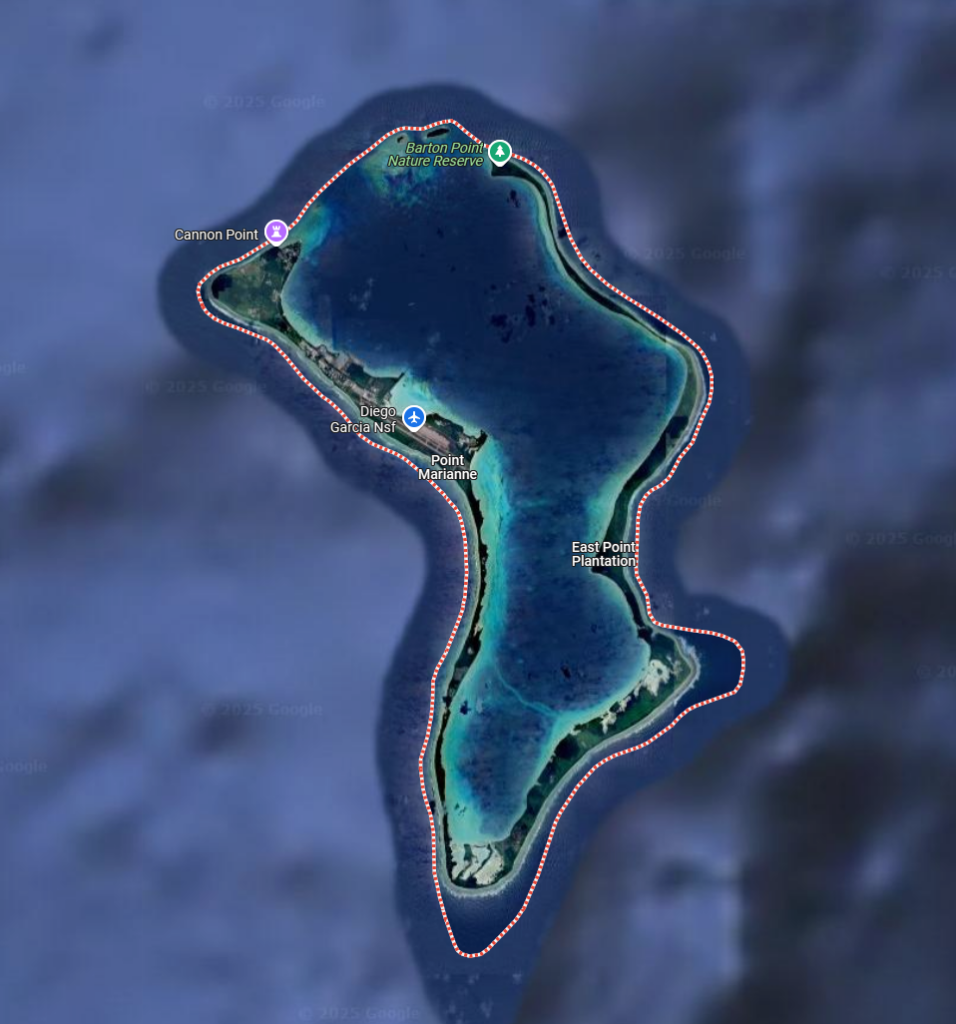
US Proxy War on Russia: L-R: Lloyd Austin: 28th United States Secretary of Defense; Volodymyr Zelensky president of Ukraine; Antony Blinken 71st United States Secretary of State
ClearNFO (5/22/25): Ukraine has been played as a sucker… used as a US/NATO tool against Russia on the Grand Geopolitical Chessboard. The scheme was to bleed Russia dry and destroy Russia. Luckily for the world this did not work. Ukraine has every reason to be angry with the ‘Anglo-American Establishment’ but they also played a part by believing the empire of lies would have their back. Ukraine has been sacrificed for a failed attempt to destroy Russia.

If you are tired of following the bright light of retail politics, try some wholesale politics, or Realpolitik to see how the sausage is made.
- At the very top level which is generally hidden from the plebs, it’s all about resources. All these wars are orchestrated by the established power structures a.k.a. apex predator class.
- Plebs like you and me don’t matter
- Health doesn’t matter
- Environment doesn’t matter
- Religion doesn’t matter
- Traditional relationships don’t matter
- Money, resources and concentration of power matters
Why did the West orchestrate the proxy war between Ukraine and Russia? To bludgeon Russia using NATO-backed Ukraine. The goal was and is to weaken and break up the Russian Federation and steal their resources. Unfortunately for the Western Powers, this did not work. Now the EU and the USA are fighting over the scraps in Ukraine. It’s all about the resources. The EU needs collateral to back their massive sovereign debt and so has no choice but to continue the lost war in Ukraine at any cost. Their citizens be damned.
Note: World Bank (2005): Placed Russia first globally for subsoil wealth (oil, gas, coal, and minerals) at $75.7 trillion USD, aligning with later Statista estimates.
Every war is based not on religion but on resources and concentration of power. It’s the grand chessboard and the plebs have no clue.
Mike Pompeo (5/21/24): She’s right. Putin started this war, and until he believes the costs exceed the benefits, he’ll continue his aggression.
Scott Ritter’s reply to Mike Pompeo on 5/22/25:
Russia (Putin) did not start this war.
America did.
You’re the former Director of the CIA.
I know you brag about lying being a core value of the institution you led (pro hint—it’s not a good thing), but for once reach into your dark heart and tell the truth.
Did the CIA maintain a relationship with the Organization of Ukrainian Nationalists, Bandera faction (OUN-B) from 1948 through 1990?
I’ll help you—yes.
Did the CIA use its connectivity with the OUN-B to build connections inside Ukraine designed to promote Ukrainian nationalism in a way that sought to bring harm to the Soviet Union and, after 1992, Russia?
Again, yes.
Did the CIA facilitate the work of USAID and NED, through various US funded NGO proxies, to help bring Ukrainian nationalists to power in the 2004-2005 Orange Revolution in Ukraine?
Yes.
Did the CIA view the return of pro-Russian President Viktor Yanukovych in 2010 as a threat to US strategic goals and objectives regarding Ukraine and Russia (i.e., Ukrainian NATO membership)?
Yes.
Did the CIA help orchestrate the 2014 Maidan Coup designed to remove Yanukovych from power?
Yes.
Did the CIA use its connectivity with the OUN-B in Ukraine and diaspora to promote an anti-Russian agenda in post-Maidan Ukraine?
Yes.
Did the CIA fund and help build, organize, train, and operate up to 20 bases inside Ukraine from which covert operations could be conducted against Russia, including actions that could be considered acts of war?
Yes.
Were you the CIA director when these bases were built and operated?
Yes.
Did the CIA help Ukraine prepare for a military operation designed to seize the Donbas from pro-Russian elements that was scheduled to take place in late February-early March 2022?
Yes.
Were you aware of these plans when you were CIA director?
Yes.
Who started this war?
You did.
Source:
- Mike Pompeo’s post: https://x.com/mikepompeo/status/1925205499378618627
- Scott Ritter’s Reply: https://x.com/RealScottRitter/status/1925507130502619499
William Scott Ritter Jr. (born July 15, 1961) is an American former United States Marine Corps intelligence officer, former United Nations Special Commission (UNSCOM) weapons inspector, author, and commentator.
Michael Richard Pompeo (born December 30, 1963) is an American retired politician who served in the first administration of Donald Trump as director of the Central Intelligence Agency (CIA) from 2017 to 2018, and as the 70th United States secretary of state from 2018 to 2021. He served in the United States House of Representatives from 2011 to 2017.
Related:
- Nuland-Pyatt transcript on Ukraine (2014)
- On the Matter or Ukraine
- RAND Corporation on Ukraine
- UPDATE: UKRAINE
- Ignorance is Not an Excuse (Ukraine)
- MSM Lying about Ukraine
- Ukraine Update – Saker Podcast #5
- Ukraine: Stop the Killing!
- Ukraine: USA/NATO aka Murder, Inc.
- Ukraine Crisis
- CFR: Why the Ukraine Crisis Is the West’s Fault
- Asset-Stripping Ukraine
- Crisis in Ukraine
- Can Ukraine Escape IMF trap?
Total Estimated Aid to Ukraine (2003–2024)
– U.S.: $128–$135 billion
– EU (and Member States): $181.5–$182 billion
– NATO (Direct Programs): $1.1–$2.2 billion
Combined Total: ~$310.6–$319.2 billion
The US orchestrated the Ukraine coup in 2014 and installed its own puppet. DJT has provided military aid to Ukraine during both his terms as president, yet he claims his innocence and poses as an honest broker in peace negotiations between Ukraine and Russia. Clearly this is not a war between Ukraine and Russia, rather a war between the US –vassal states in Ukraine and Europe– and Russia. Russia is wining the conflict in Ukraine. How then can the US pose as an honest / innocent third party brokering a peace deal? And how can the US dictate terms to Russia when Russia is winning this war? If DJT cuts off aid to Ukraine the war would end in about two to four weeks.
In addition to the military aid above, the US and its allies have frozen (a.k.a. stolen) about $300 billion in Russian sovereign assets.
Grok: The United States has frozen approximately $5 billion to $6 billion in Russian Central Bank assets. This amount represents a small portion of the roughly $300 billion to $350 billion in total Russian sovereign assets frozen by the U.S. and its allies, with the majority—around $200 billion to $230 billion—held in Europe, primarily at Euroclear in Belgium. Additionally, the U.S. and its allies have blocked or seized over $58 billion in assets owned or controlled by sanctioned Russian individuals and entities, such as oligarchs, though this is separate from the Central Bank reserves.









